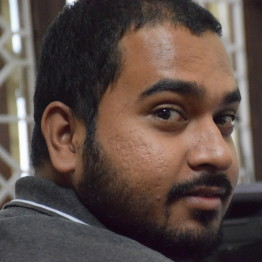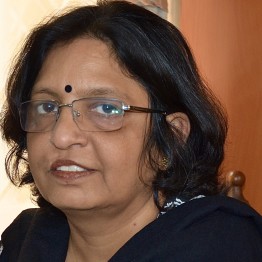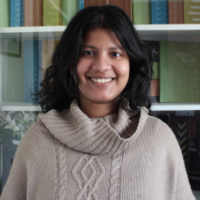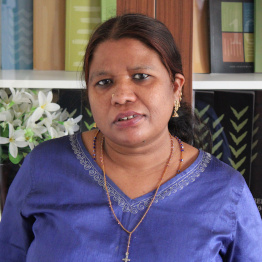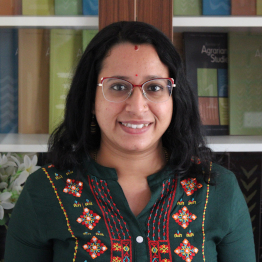Tamil Nadu Round
Census-type household surveys were conducted in two villages in Tamil Nadu in May–June 2019:
- Venmani, Nagapattinam district
- Palakurichi, Nagapattinam district
Venmani, Nagapattinam district
Venmani is a village in Kilvelur taluk of Nagapattinam district. The village is located in the lower Cauvery delta at a distance of 8 km from Kilvelur town and 20 km from Nagapattinam, the district capital. This village is the site of an atrocity that took place on December 25, 1968, where the landlords burnt alive 44 Dalit agricultural workers for refusing to disband the union of agricultural workers. The village has a memorial to the martyrs, while another larger memorial hall was under construction at the time of the survey.
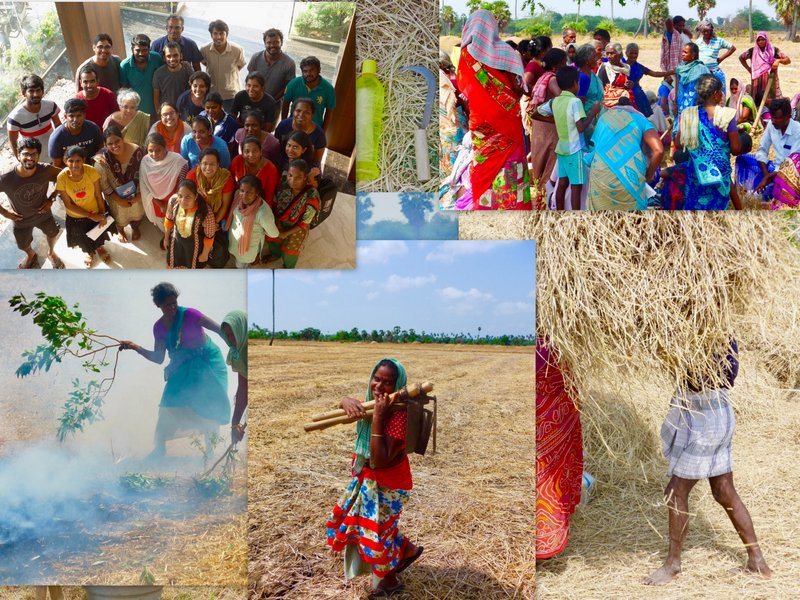
The hamlets of the village are Mela Venmani, Kizh Venmani, Mayilangudi, Nanakudi, Kizh Kaavalakkudi, Mela Kaavalakkudi, and Sivaramapuram. The main crop cultivated in the village was paddy. There was only one round of cultivation that began in August and ended in January. In addition green gram and black gram were also cultivated as subsidiary or minor crops. All cultivation in Venmani was dependant on the Cauvery water, which comes in sufficient quantity only in accordance with the Mettur Dam schedule. Salinity of the ground water limits the use of borewells.
Non-agricultural employment, especially the Mahatma Gandhi National Rural Employment Guarantee Scheme (MGNREGS) played a vital role as source of income for marginal peasants and landless households. As agriculture is highly mechanised, there is not enough agricultural employment to be had in the village. Pallar and Paraiyars (both scheduled castes) constitute a majority of the village. Naidus own most of the land in the village, and have historically been the landlords. The middle caste groups living in the village mainly comprises of Nadar, Padayatchi, and Vellalar.
There is a well functioning public distribution system in the village, with almost every household receiving some free rice, and subsidised sugar, kerosene, pulses, and oil. A number of households have acquired land through the work of Land for Tillers’ Freedom (LAFTI), an organisation established by Krishnammal Jagannathan in the aftermath of the atrocity.
There were two lower primary schools and three anganwadis in the village. There was also a Primary Agricultural Co-operative Society. The level of indebtedness in the village was quite high. Microfinance institutions constitute the main source of credit in the village. In the reference year, Cyclone Gaja made landfall in the village and caused some damage.
Palakurichi, Nagapattinam district
Palakurichi is a village at the tail end of the lower Cauvery delta in Kilvelur taluk of Nagapattinam district. The village is located 16 km from the nearest town Velankanni, and 18 km from Nagapattinam. This village has been first studied in 1918 by Gilbert Slater from the University of Madras. Four more studies have taken place in the village subsequently with this being the fifth study in the past hundred years that looks at the agrarian relations in the village.
Only a single crop of paddy is cultivated in the village. The incidence of minor crops like green gram and black gram are rarer than Venmani. All cultivation is dependent on canal irrigation with heavy dependence on diesel or electric pumps to pump water into the fields from the canal.
Due to high degree of mechanisation there is limited availability of work in agriculture which forces households engaged in agricultural labour to turn to other non-agricultural employment as well. MGNREGS plays a vital role in the economy of the manual worker households. Other non-agricultural employment options were construction work, driving, and casual labour in the tourism industry in nearby Velankanni.
The public distribution system functions well in the village, with almost all households having access to some quantity of free rice, and other subsidised commodities. A number of households have acquired land through the work of Land for Tillers’ Freedom (LAFTI) here as well. The work of LAFTI was very prominent in the village in the last one decade or so.
The village has a lower primary school, one higher secondary school and one anganwadi. There was a branch of the Bank of India functioning in the village. There was also a Co-operative society that has continued to function in the village since the 1950s In the reference year, Cyclone Gaja caused heavy damage in the village as it made landfall here in November, damaging a lot of the crop land.


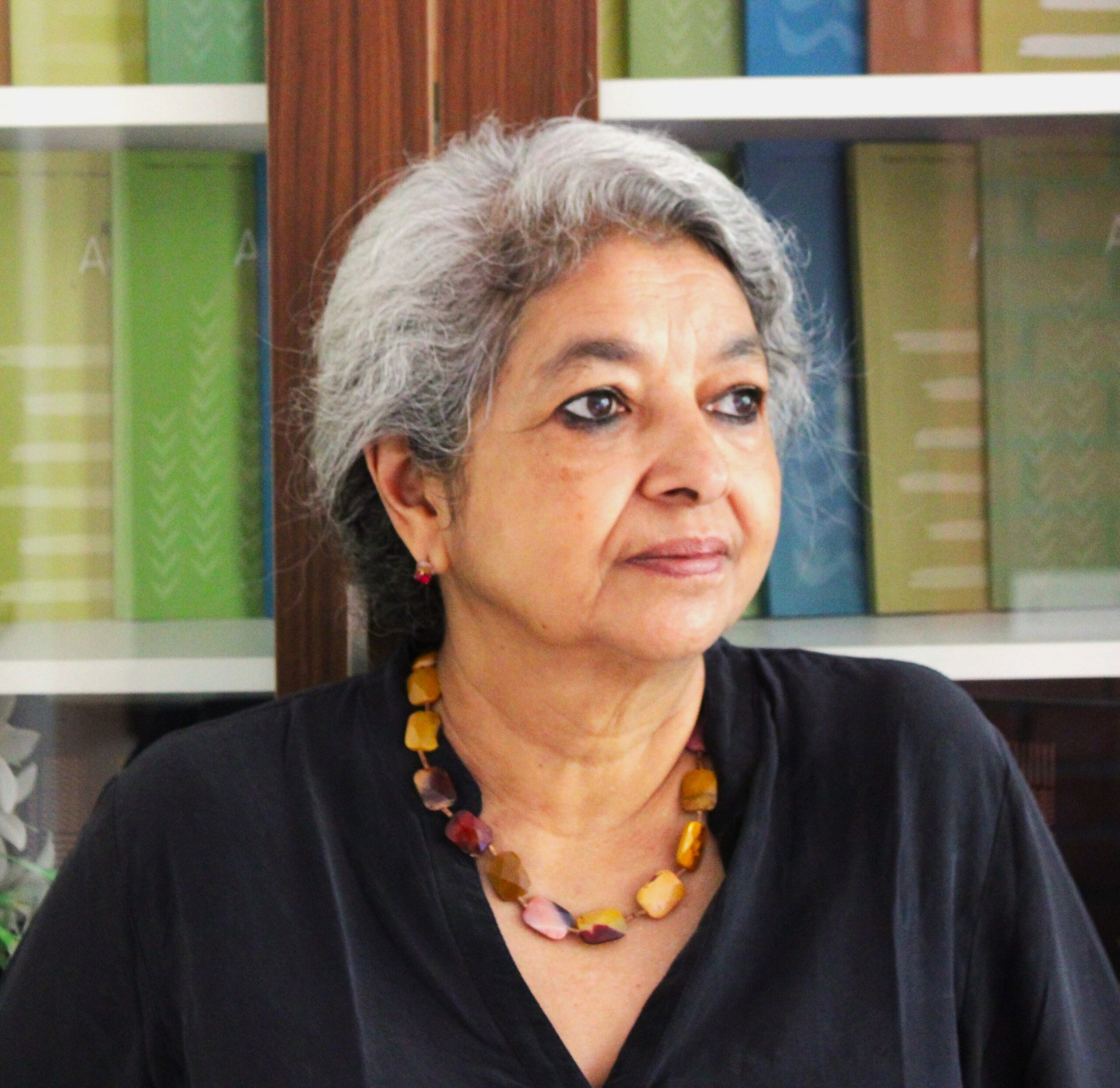












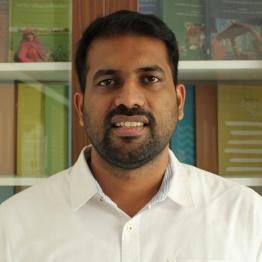


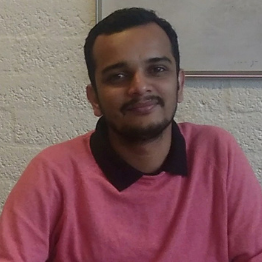





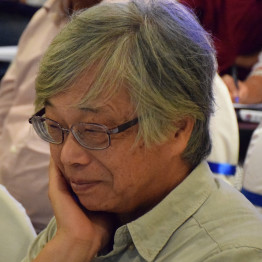
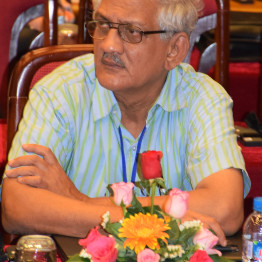
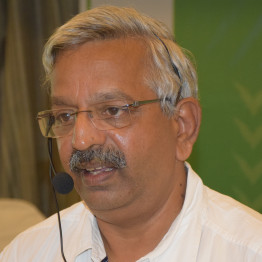

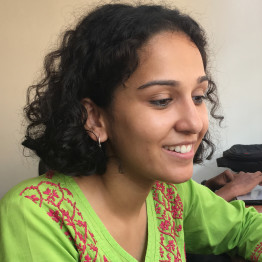


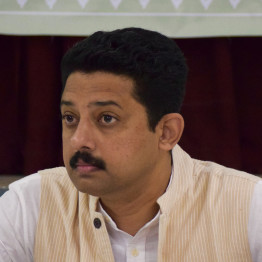


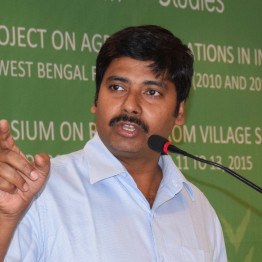




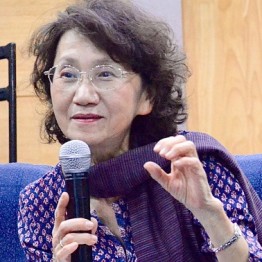




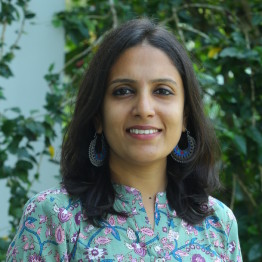
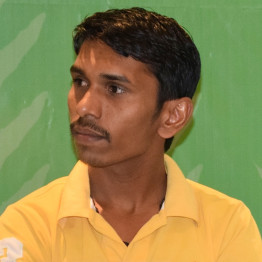
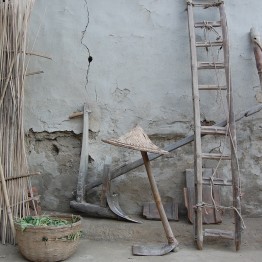

 Sudha is an Administrative Assistant of the Foundation. She assists the administrative division of the Foundation and also has taken part in fieldwork organised by the Foundation.
Sudha is an Administrative Assistant of the Foundation. She assists the administrative division of the Foundation and also has taken part in fieldwork organised by the Foundation.




